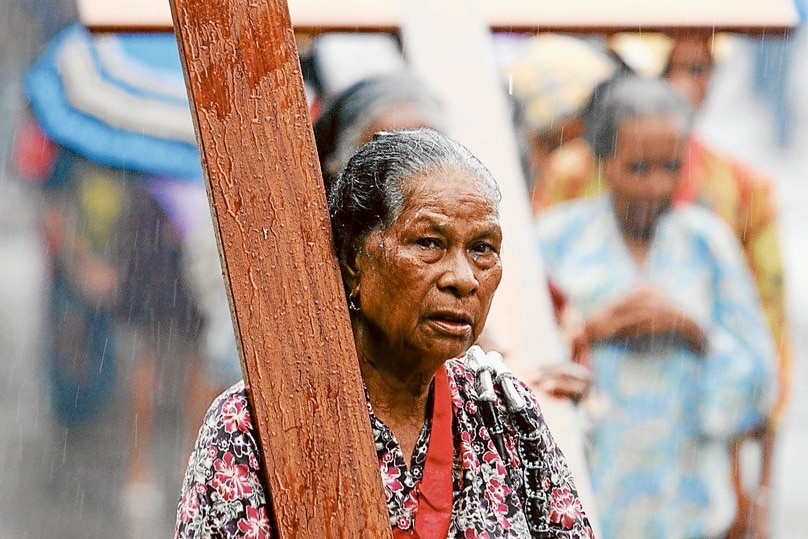
My eldest nephew and niece are at an age now where they really enjoy hearing stories about when my four siblings and I were growing up. In recent weeks, I’ve been regaling them with stories about the sneaky things which we used to do in order to avoid sharing with each other; like the times when my brother would not only eat his piece of cake, but also sneak a small slice off each of ours so his portion was larger.
I’ve never needed to explain why this was a “naughty” thing to do, because they instinctively know that to share something means that everyone gets an equal portion. They know that it’s not right if you take from others who have an equal claim to whatever it is you’re supposed to be sharing.
If my young nephew and niece can understand this, then it is a wonder that successive Australian governments have not been able to.
There could be many things to which I am referring, but in this case, I’m talking about an inability to achieve fairness when it comes to our maritime borders. When countries are divided by sea and not land, convention tells us that you draw the border between the countries at the halfway line in the body of water between the two countries.
If I gave my nephew and niece a map of Australia and Timor-Leste and asked them to show me what a fair border between the two countries would look like, I’m confident they would return with a line dividing the seabed in half. They would understand that’s how you behave fairly. Unfortunately, that’s not what it looks like at the moment.
In 1972, while our neighbour East Timor was still under the colonial rule of Portugal, Australia and Indonesia signed a seabed boundary treaty based on the “continental shelf principle,” a now- outdated mechanism which established a seabed boundary much closer to Indonesia than Australia. Portugal (as then-ruler of Timor-Leste) would not participate in the discussions, so the boundary agreement remained incomplete, with the remaining space being known as the Timor Gap.
After Indonesia invaded East Timor and annexed it as a province of Indonesia in 1975–1976, Australia and Indonesia began negotiations about the seabed. In 1989, both countries signed the Timor Gap Treaty, which did not divide the seabed itself, but was rather an agreement to split the oil resources found in the seabed equally between the countries. This treaty was in place until 2002, when it became invalidated upon Timor-Leste’s independence.
So that the new nation of Timor-Leste could achieve some revenue quickly, a new treaty was signed where Timor-Leste would receive 90 per cent of the revenue from the Timor Gap (which was now being called the Joint Petroleum Development Area), and Australia would receive the remaining 10 per cent, as well as all the jobs and infrastructure that accompanied the development.
In addition to the Joint Petroleum Development Area, two more oil fields – both closer to Timor-Leste than Australia – have been active. The countries are disputing control of the fields and the entitlement to revenue. Since it began production in 1999, one of these – the Laminaria-Corallina oil field – has yielded Australia more than US $2 billion in revenue and Timor-Leste has received nothing. The other is the subject of a treaty which divides the resources 50/50 between Timor-Leste and Australia, even though it lies on the Timor-Leste side of the border.
Of the three areas in dispute, all of them are on Timor-Leste’s side of the halfway mark. The country is not asking for anything on Australia’s side of the dividing line. Australia’s claim on the resources can only be made by referring to the redundant “continental shelf” measurement. An initiative, led by Sister Susan Connelly RSJ, seeks to petition the government to agree to a fair border based on international convention (and common sense.)
Just a few weeks ago, tens of thousands of people in NSW signed a petition to prevent the decriminalisation of abortion in this state. Surely we can gather our efforts again and sign this petition. More than 40 per cent of the Timorese people live on less than $2 a day, which has dramatic effects on health, education and the like. This too is a life issue.
During the month of June, you can sign this petition online. Go to timfo.org for the link to the petition. The people of Timor-Leste need us to add our voices to theirs to make this happen. Please sign the petition and ask your friends to do the same.
